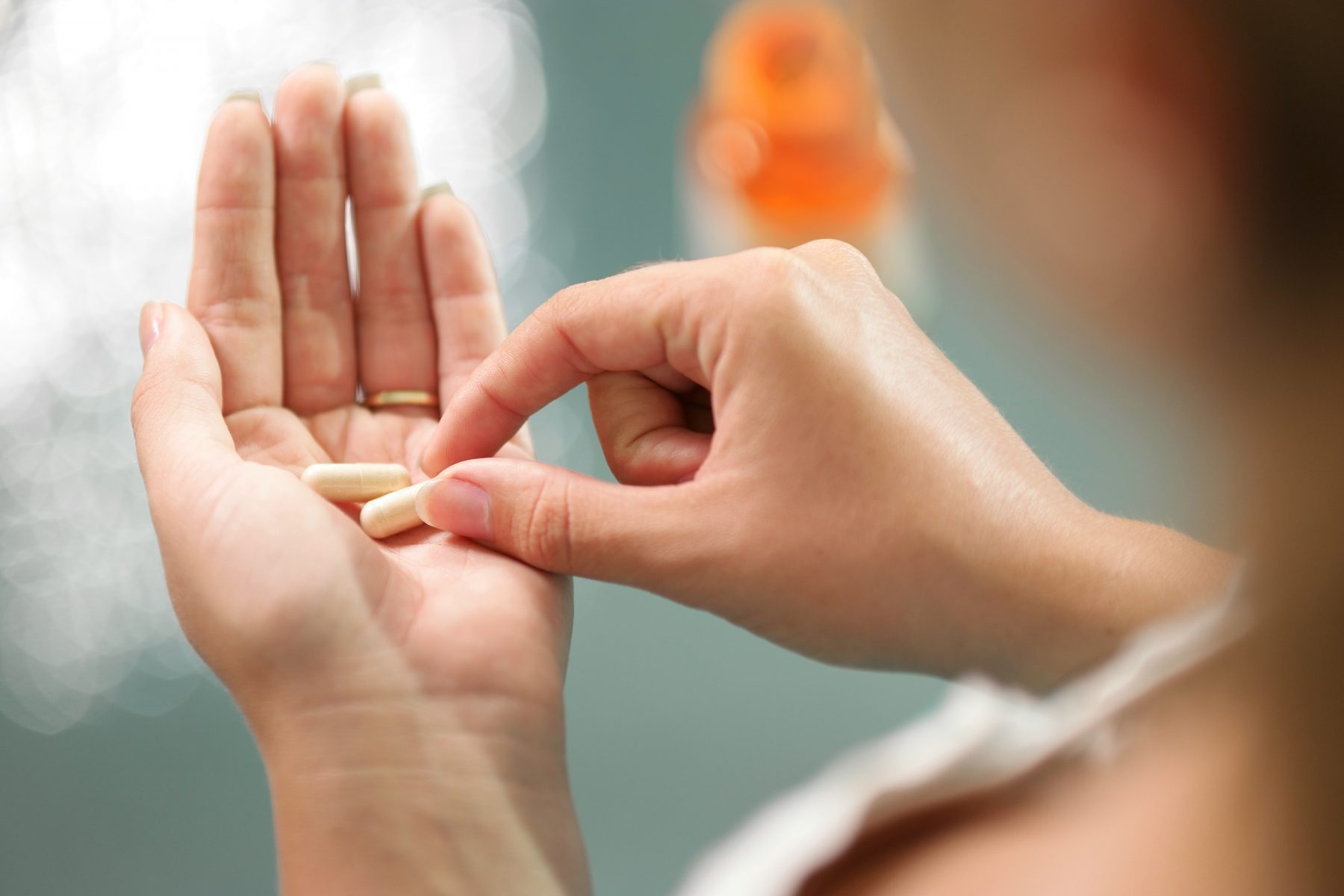
Ep 23: Treating Your Adrenal Glands
In this episode, Dr. Agolli and Dr. Burdette conclude the 3 week series on the Adrenal Glands:
- The relationship between nutrition and the adrenal glands.
- The types of vitamins and minerals that affect your adrenals.
- When is the right time to take a steroid for your adrenals?
- Why Amino Acids are important for your adrenal health.
- What is an Adrenal Glandular and when is the right time to use it?
- The controversy of licorice and your adrenal glands.
- The positive effects Ashwagandha and Cordyceps have on your adrenals.
- The type of lifestyle that is healthy for your adrenals (Yoga, meditation, prayer, exercise, etc).
Foods high in vitamin C, B vitamins (especially B-5 and B-6), and magnesium can help support healthy adrenal glands.
The National Institute of Diabetes and Digestive and Kidney Diseases (NIDDK), part of the National Institutes of Health, provides information on eating, diet, and nutrition for adrenal insufficiency & Addison’s disease2. Some people with adrenal insufficiency may need a high-sodium diet. People who take medicines to replace cortisol also need plenty of calcium and vitamin D.
Amino acids are important for adrenal health because they help produce hormones stored in the adrenal glands. Incorporating amino acids into a treatment protocol can optimize the dopamine to epinephrine pathway. As levels of these neurotransmitters stabilize, norepinephrine levels and epinephrine levels can also stabilize.
Lysine is an essential amino acid that can help with healing adrenal fatigue. It can increase serotonin which leads to a greater sense of wellbeing and relaxation and thereby puts a lower demand on the recovering adrenal glands.
